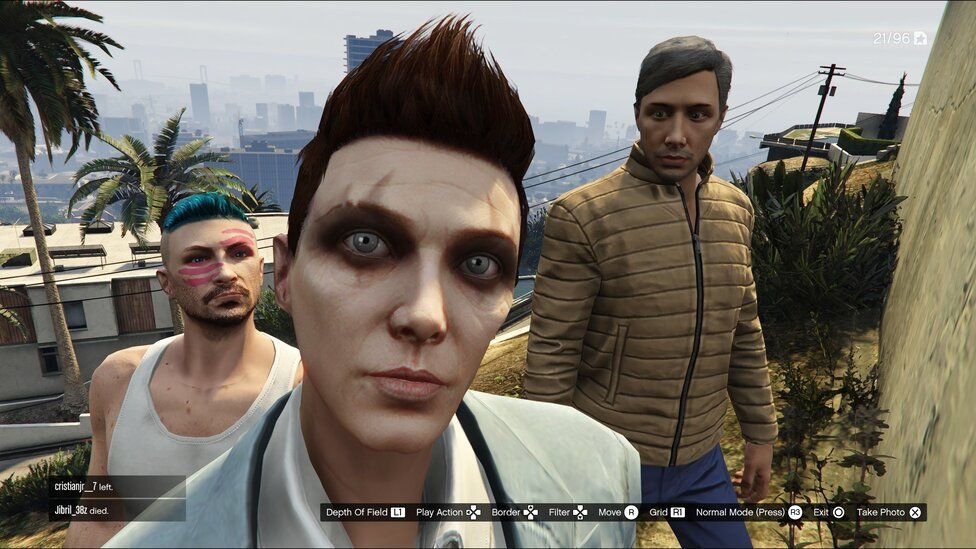Time Will Break the World
- Brock Kingsley
- Jan 3, 2023
- 4 min read
A daughter's memory of a last vacation will break your heart in Charlotte Wells' debut

Aftersun credit Sarah Makharine
In Charlotte Wells’ short film, Tuesday, a mother tells her teenage daughter, who is heading to school, that she’ll see her in the evening. The daughter, without making eye contact says, “It’s Tuesday. So I’m going to go to dad’s.” There’s something heavy between them, something sad that neither seems keen to acknowledge. As the fifteen minute film comes to a close, we understand the aforementioned dad is gone. It’s not clear what happened, what, exactly led to this absence, but we know he’s not coming back.The parent-child relationship is one that is destined for heartbreak of some kind—growing up and growing distant, there are the calamitous (if non-tragic) events of childhood, and of course death.
The same heaviness and unspoken, unacknowledged sadness is in Wells’ first feature film, Aftersun. The tragedy here is a shadow that is always present, but the film’s skill is how it leans into the power of the basic and everydayness of loss and grief. It’s a film about a, for the most part, happy experience. A father and daughter on holiday in a coastal Turkish resort town: there’s snorkeling, time spent lazing at the pool, hotel buffets, and karaoke.
Even though eleven year old Sophie (Frankie Corio) and her father Calum (Paul Mescal) are mostly wrapped up in the minor frustrations of father/daughter time, and the delights of vacation, there’s a sense of time moving too fast. Sophie is starting to see the world through growing eyes that go everywhere—she is in a liminal space, teetering on adolescence yet running headlong towards adulthood. Watching how teenage couples apply sunscreen to one another, how they hold hands, kiss. She starts a flirtation with a boy her own age, and she starts demanding to apply her own sunscreen.
Calum is young, too—soon to turn 31, and at one point mistaken for Sophie’s older brother—but the lines of worry and weariness that crease his face belie his age. We know that Calum and Sophie’s mother aren’t together, but we don’t know much else about his past. Wells is reluctant to spoil scenes with filler expository dialogue. We can infer, however, some mistakes, or bad decisions, in Calum’s history. One thing we know for sure—although, just like with Tuesday, we’re not quite sure how we know—is that sometime soon after the vacation, Calum dies. This was Sophie’s last time with her father. The presence of camcorder footage from the first scene places the trip in the past. A grown-up Sophie, now with a partner and a baby is reliving, remembering their sun-soaked trip on her own 31st birthday.
It’s tempting to say that Aftersun takes place in flashbacks, but that’s not entirely accurate—and the interludes of adult Sophie seeing her father dancing in a strobe-lit nightclub, looking, for once, free and weightless, they’re not exactly dreams. The use of a camcorder to document the vacation, not only places the film in a specific time, it also acts as a kind of double present tense. We see scenes start being shot through the camcorder and then continue on once the power has been shut off; and we understand that adult Sophie is watching and remembering her last moments with her father, through these tapes. The line between memory and experience is rendered moot; grief obliterates it.

Aftersun credit Sarah Makharine
The film is kept off-centered, asymmetrical. Mescal’s Calum is often shot through a reflection in a window, a TV, on the other side of doorway—obscured in some way: there but not really there. He’s seen the way we might remember somebody from our past, or the way we try to remember the loved ones we have lost, those that we so dearly want to hold on to. But our memories never quite render them clear enough or sharp enough. They’re always, just a little bit blurry, a little bit out of reach.
Aftersun is a film wrapped in delicacy and intimacy. The film is much more reliant on vibes and emotion than it is rules of any specific narrative structure. Wells moves the way a poet would, she understands that, in the hierarchy of things, images sit atop exposition. It’s difficult to come up with a critical language to fully describe Wells’ film—she is doing something fresh and inventive with the language of film in unlocking and exposing the inner world of feelings, consciousness, and memory.
At one point in the film, Calum purchases a Turkish rug that he likely can’t afford. It’s one of the few times Calum and Sophie aren’t together. It’s part of the story that falls outside of Sophie’s memory, even though the rug is now hers—it’s part of her story. Rather, it’s part of the story they started together, a story which she has to finish on her own.
Brock Kingsley is a writer, artist, critic, and educator living in Fort Worth, Texas. His work has appeared in publications such as Brooklyn Rail, Paste Magazine, Tahoma Literary Review, Waxwing, and elsewhere. He is a regular contributor at the Chicago Review of Books.



Comments